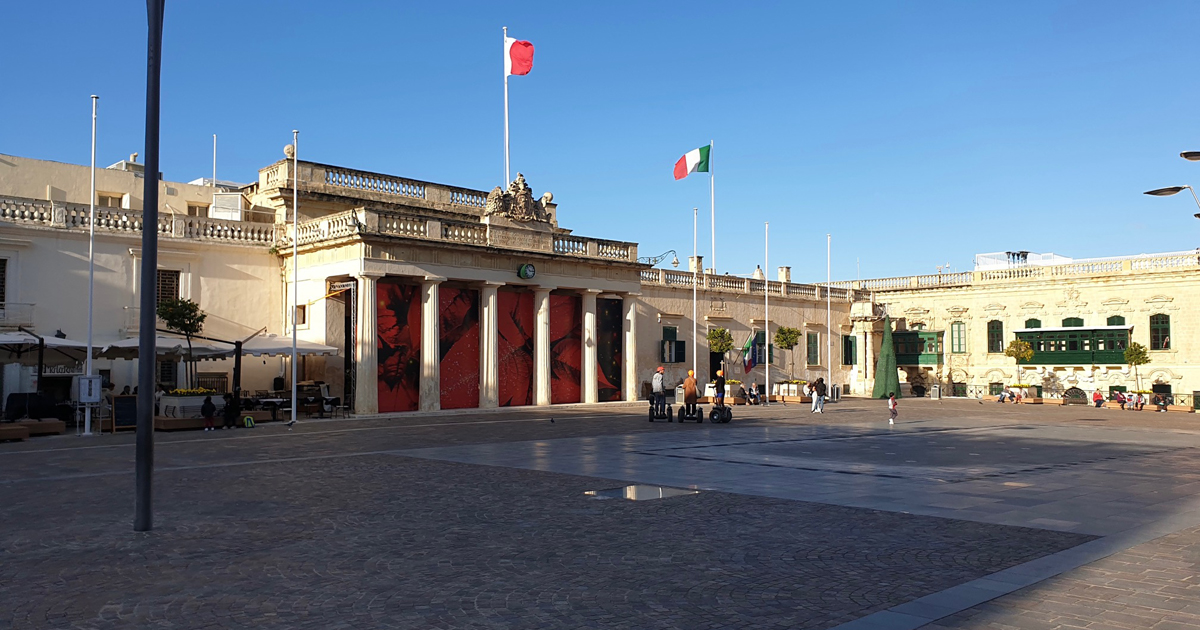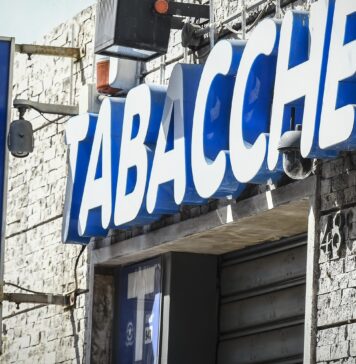The sector contributes 16% of the entire business economy, while in most other EU countries it is less than 1%.
Recently published data highlights Malta's heavy dependence on the gambling industry, which accounts for a sixth of the entire business economy and almost all of the output of the arts, entertainment and leisure sector. Eurostat, the EU's statistical arm, said that while in most European countries the gambling sector represents less than 1% of the entire business economy, in Malta it represents a staggering 16%, or around a sixth . This is due to the “exceptionally high share” of contributions to the business economy from arts, entertainment and recreational businesses, which include gambling companies. Arts, entertainment and recreational activities in Malta contributed by far the largest proportion of the national business economy (16,9%) compared to other EU countries and more than four times the second position of Slovakia (3,7 ,XNUMX%).
Furthermore, the countries in question employ the highest percentage of workers (5,3%) than any other EU country, doubling the levels recorded in second place Denmark (2,6%). But there's a problem: “Arts, entertainment and recreational” activities – which conjure up images of theatres, music festivals and sporting events – also include gambling businesses, which in Malta accounted for a staggering 98% of all contributions from the sector. Malta's nearly 2021 arts, entertainment and leisure businesses added €2.000 billion to the country's economy in 1,9, according to Eurostat data.
Since gambling activities would account for 98% of this figure, such businesses would have contributed around €1,86 billion, which suggests that the value added by the rest of the sector was only €40 million. Eurostat data also reveals how well the gambling sector performs relative to the size of its workforce. In 2021, all arts, entertainment and recreation combined employed approximately 12.000 people – meaning that just 5,3% of the entire business economy's workforce generated one-sixth of the value of the country's business economy.
The contributions of arts, entertainment and recreational activities were expressed in value added, which measures the financial value of a sector after expenses such as production costs are removed. Such activities include all those with a NACE code – an EU code that classifies different types of economic activities – starting with the letter “R”, including, but not limited to, performing arts, libraries, museums, gambling, sporting activities and theme parks.












